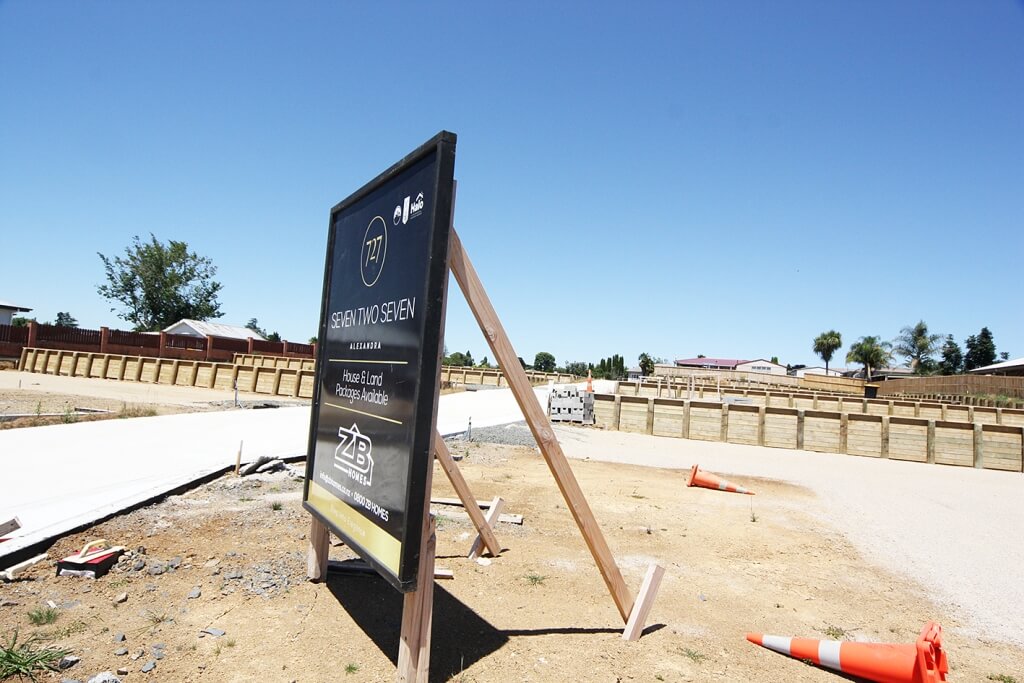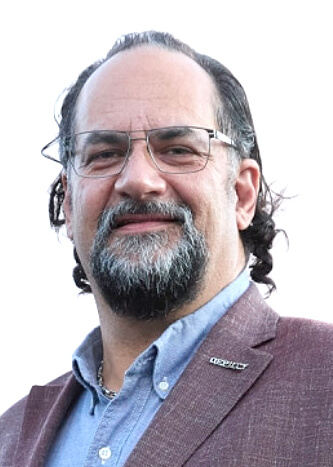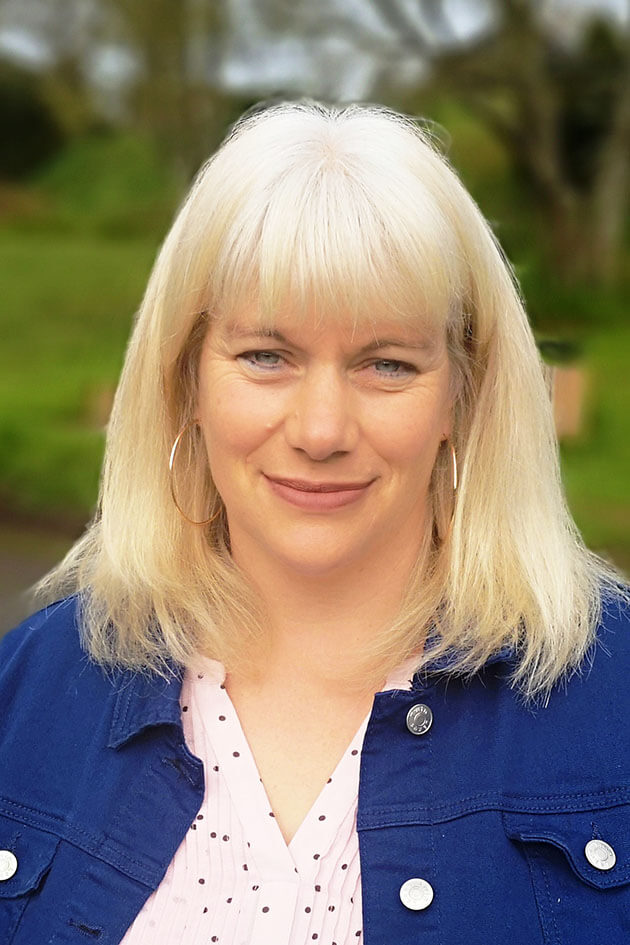
House and land packages are on the market in Te Awamutu.
Waipā has an immediate shortfall of 560 houses while there are 87 families considered at risk and with severe and persistent housing needs.
The facts have been laid bare in a report from Waikato Housing Initiative chief executive, and former Waikato deputy mayor Aksel Bech.
He spoke to the Waipā District Council’s housing subcommittee this week.
The figures in his report show the district will need another 6051 homes built in the next 20 years to keep up with demand.
Meanwhile the Ministry of Social Development’s waiting list as of December last year had 96 eligible applicants – down from 108 three months earlier – including 87 in situations that need addressing immediately.
Deputy mayor Liz Stolwyk who chairs the housing subcommittee told The News there was a growing need for more houses.
“We’re looking at how we can enable affordable housing options,” she said.
“We’ve done a good job with housing for the elderly. Lots of councils ditched those and we didn’t, and we’ve continued to grow that portfolio.”
But the housing need was still widespread, she said.
The council was in regular touch with Crown agency Kāinga Ora – ‘Homes and Communities’ around its plans for Waipā. The agency owns land in Cambridge North and is looking at opportunities in Te Awamutu.
In Cambridge, the council is keeping a close eye on developments, said Stolwyk.
“We’re very keen to see the urban design around that.”
Through an expression of interest process, the Ministry of Housing and Urban Development has received eight tenders for its land portion in Cambridge North. Peake Mews, Brian Perry Charitable Trust’s compact development in Cambridge West, is also under construction.
In Te Awamutu, the council has already signalled it is looking to sell a 3.7ha parcel of land in Cambridge Road to Kāinga Ora for affordable housing because of the dire shortage which was impacting some of the district’s most vulnerable citizens, said Stolwyk.
Waipā council has a legal obligation to promote community wellbeing and through its vision has agreed to build connected communities.
Access to shelter in warm and dry housing with security of tenure is at the heart of community wellbeing and a basic human right, she said.
Bech said Waipā had already committed to being part of a system change and not continue to wait for someone else to step up.
“The official data along with our lived experiences tell us that the lack of affordable housing is a significant barrier to achieving council’s vision and its focus on community wellbeing,” Bech said in his report.
Someone had to fix the affordable housing issues prevalent in Waikato. Local councils hold the key “be that someone at scale, at least to provide the leadership,” he said.
The Waikato Housing Initiative had been given a mandate by the Mayoral Forum to lead the conversation with councils and get Waikato councils working better together.
Across the region 75,000 new homes will be needed in the next 20 years.











